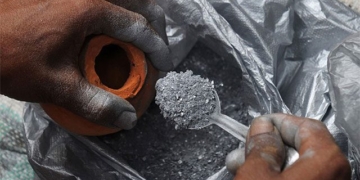Bird species exist on every continent, and scientists still cannot determine exactly how many species inhabit our planet—estimates range from 50 to 428 billion, according to National Geographic.
While the number of bird species on Earth seems astonishingly high, some are facing extinction. National Geographic reports that the spotted kiwi, Java’s hawk-eagle, and many other species are at risk of disappearing.
In 2021, the U.S. Department of the Interior proposed removing several bird species from the Endangered Species Act because they are believed to be extinct. The birds on that list include the ivory-billed woodpecker and Bachman’s warbler. The National Audubon Society reports that 1,200 bird species could go extinct within the next 100 years if effective conservation measures are not implemented. What would happen if all bird species on our planet were to become extinct?
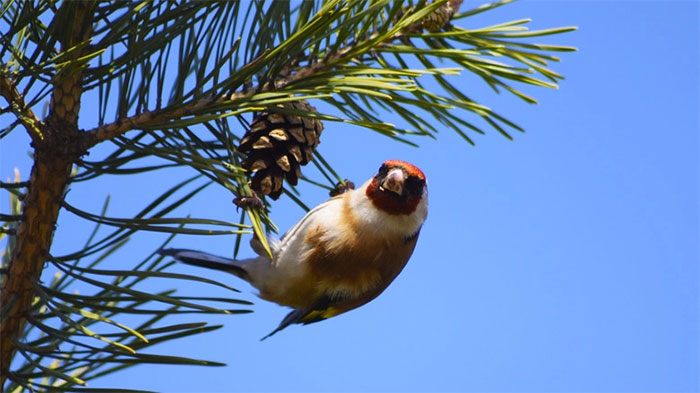
The most important role birds play is seed dispersal.
Seeds of Plant Species Would Not Spread to New Lands
One of the most important roles birds play is seed dispersal, which they accomplish in various ways. One method is through their droppings. When birds eat fruits and berries, they also consume the seeds within them. However, some bird species cannot digest these seeds, so they pass through their digestive systems and fall to the ground, where new seedlings can sprout. Additionally, through their feeding habits, birds help seeds fall to the base of trees.
Moreover, some bird species have a habit of storing seeds for the winter, and when spring arrives, these seeds will germinate. An example is the Clark’s nutcracker, the only bird species that distributes the seeds of the whitebark pine in the western United States, according to the National Audubon Society.
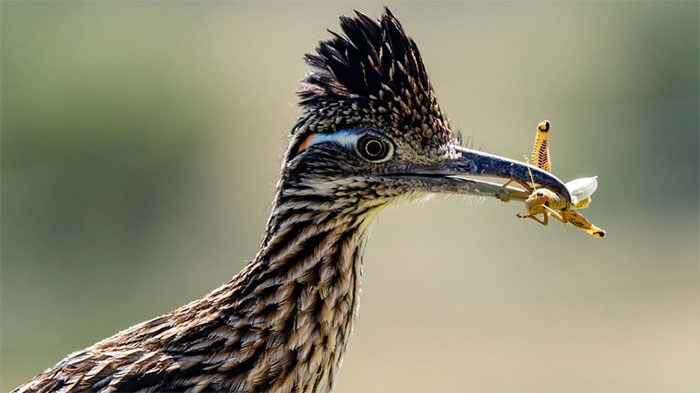
Many bird species eat insects as part of their diet.
Insect Populations Would Surge
Many bird species consume insects as part of their diet. A paper published in the journal Nature explains that globally, birds eat about 400 to 500 tons of insects each year.
According to Mother Earth News, a single swallow can eat up to 2,000 aphids in one day, and a yellow-breasted chat can consume around 17 caterpillars in just 60 seconds. When raising their young, they can catch approximately 500 insects in a single afternoon.
If we did not have birds to help control insect populations, the world could soon face pest species that might wipe out crops, making some food sources scarce. In the 19th century, settlers in Utah suffered crop failures due to locust infestations, and they had to rely on hundreds of seagulls to eliminate them and save their harvest, according to reports from the National Audubon Society.
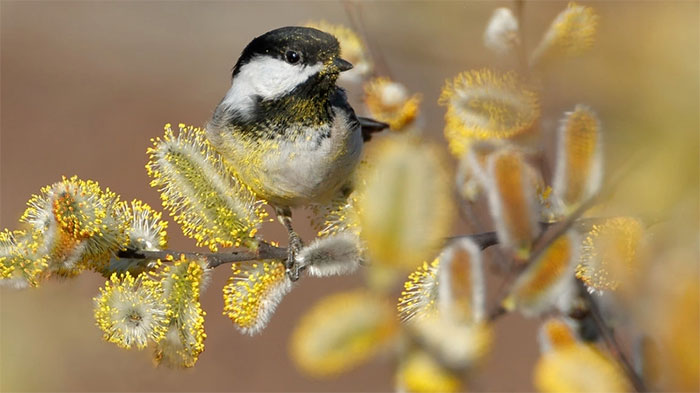
Birds also serve as pollinators.
Some Plant Species Would Never Be Pollinated
Birds are also pollinators. The National Audubon Society reports that over 900 bird species help pollinate plants. When birds visit flowers for nectar, pollen sticks to their bodies, facilitating pollination. Notably, some plant species depend on specific bird species for pollination. For example, the spiderhunter is the only bird that pollinates the durian tree in Borneo.
You may have heard about the consequences of bee extinction, and many plant species would face a similar fate without birds. EcoWatch reports that 87 out of the 115 major crops worldwide rely on pollination. Without it, ecosystems would become unbalanced, and we would lose many food varieties, including apples, strawberries, coffee, onions, avocados, beets, cauliflower, and grapes.
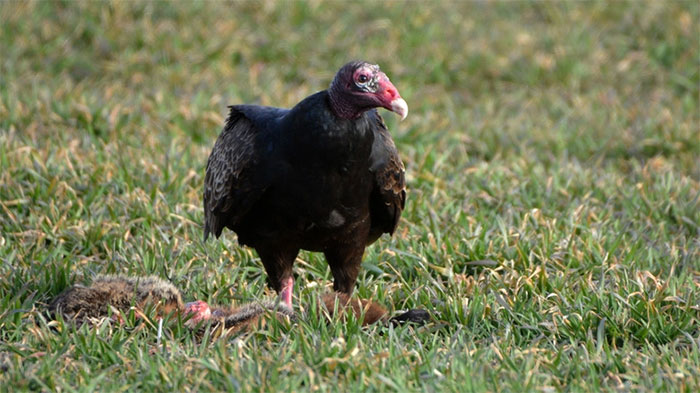
Without vultures, other animals would consume carcasses and become infected with viruses.
The World Would Be “Dirtier”
Some bird species help keep the environment clean. You may have seen a vulture on the side of the road cleaning up the remains of animals that died due to accidents or other reasons. While it may not be a pleasant sight, vultures play a crucial role in the natural ecosystem by scavenging dead animals. An interesting fact about vultures is that they only eat the remains of other dead animals, and some types primarily feed on the bones of deceased creatures, according to National Geographic.
Scavenger birds—such as vultures—benefit the environment by not only removing dead animals but also eliminating bacteria and diseases on them. According to the University of Utah, without vultures, other animals would consume carcasses and become infected with viruses and other diseases, potentially spreading those illnesses to humans.
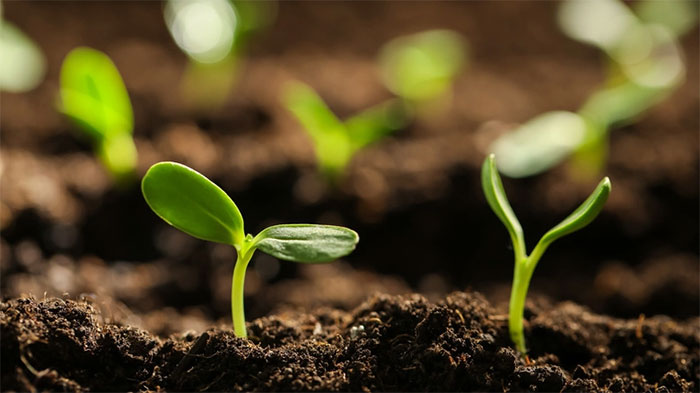
In fact, bird droppings were used as fertilizer in the 1800s.
The Land Would Become More Barren
Bird droppings have many more benefits than we realize. You might feel annoyed when a bird lands on your car, but bird droppings are actually beneficial for the ecosystem in several ways. First, they are full of nutrients, such as phosphorus, that nourish the soil and plants. In fact, bird droppings were used as fertilizer in the 1800s, and at one time, they were a hot commodity. Although they are not used as much today, they are an organic alternative to commercial fertilizers.
Scientific reports indicate that bird droppings also contain nitrogen, which helps seeds germinate wherever they land. This fertilization process is especially critical in tropical forests, where over 80% of trees rely on seed dispersal from birds and other animals, according to the National Audubon Society. Without proper nutrients, the soil would degrade, meaning crops would lack the natural nutrients they need.
















































